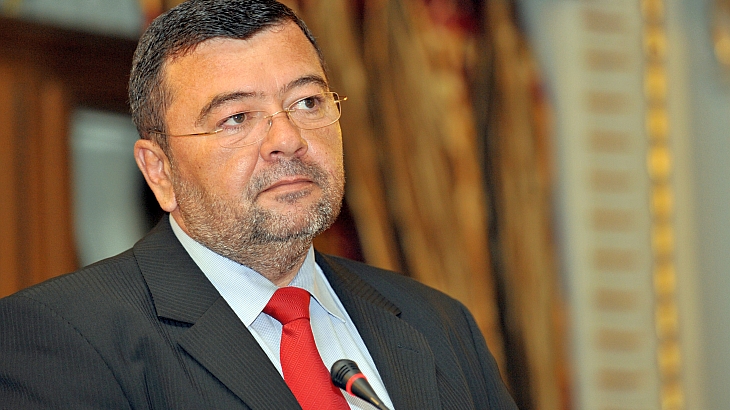In this cold season, RADET transported a record of 27.000 tonnes water / hour, a record for the company in recent years, and the losses totaled about 1.300 tons of water / hour, said Gabriel Dumitraşcu President of the Board of Directors (CA) of RADET.
“This winter we amortized the costs of repairs made last year, even though normally, out of 10 thermal units, 3 units are lost on the way, said Gabriel Dumitraşcu. In the cold period that has traversed Romania, about 1,850 thermal MW / h were provided (1.16 thermal MW = 1 Gcal – ex.). According to the president of the RADET CA, from 2011 to present, the distribution tariff of the company, remained unchanged (61 lei / Gcal).
At ELCEN, the main supplier of heat in Bucharest, the tariff increased in the same time period from 151.42 lei / Gcal for household and non-household consumers to 216.7 lei / Gcal (Non-household customers) and 186 lei / Gcal (household consumer). By comparison, Vest Energo, a private thermal power producer in Bucharest, has a price of 182 lei / Gcal.
For more than a decade there has been a downward trend in thermal energy delivered through a centralized system in Bucharest, a trend which is based on three major causes: disconnection (which has slowed in recent years), rehabilitation of homes, and the intentional disruption radiators, by a part of those who are connected to the central system. In Bucharest, the average is 1.3 radiators / apartment.
Bucharest recorded a lower thermal load by 65.5% compared to 15 years ago
The downward trend in thermal energy delivered, naturally leads to a lower installed production capacity. If in 2000 about 5.800 thermal MW worked in Bucharest and in 2015 that now totals just 2.000 thermal MW”, explained Gabriel Dumitraşcu.
This factor involves transporting heat, on distances exceeding 23 kilometers, distance covered in about 12 hours. This element involves a low efficiency of the installations, temperature loss of the heating agent and high energy consumption.
In addition, the distribution density calculated as the ratio between the amount of energy transmitted and the length of the pipe is about 1.45 MWh / meter. By comparison, Germany has a density distribution of more than 4 MWh / meter, and in Finland this factor reaches 6 MWh / meter.
RADET expansion to the new neighborhoods
Gabriel Dumitraşcu came with an idea for expanding the operations of RADET, in connection to the centralized heating system of the new districts erected in Bucharest.
“Why did the authorities allowed individual heating solutions since for some new neighborhoods, some of the active CET plants are within a few kilometers of range ?”, said the Chairman of the Board of RADET. “In such a case, the company would assume the internal costs of studies, design and connection, being sure that this investment would be recovered smoothly, although the district heating sector currently seems to be non-bankable”, added Gabriel Dumitraşcu.
He believes that a more careful assessment of Bucharest and the chance of opening new plants with a capacity between 25 thermal MW, in the Aviatiei, Colentina, Rahova, Stefan cel Mare and Titan areas.
